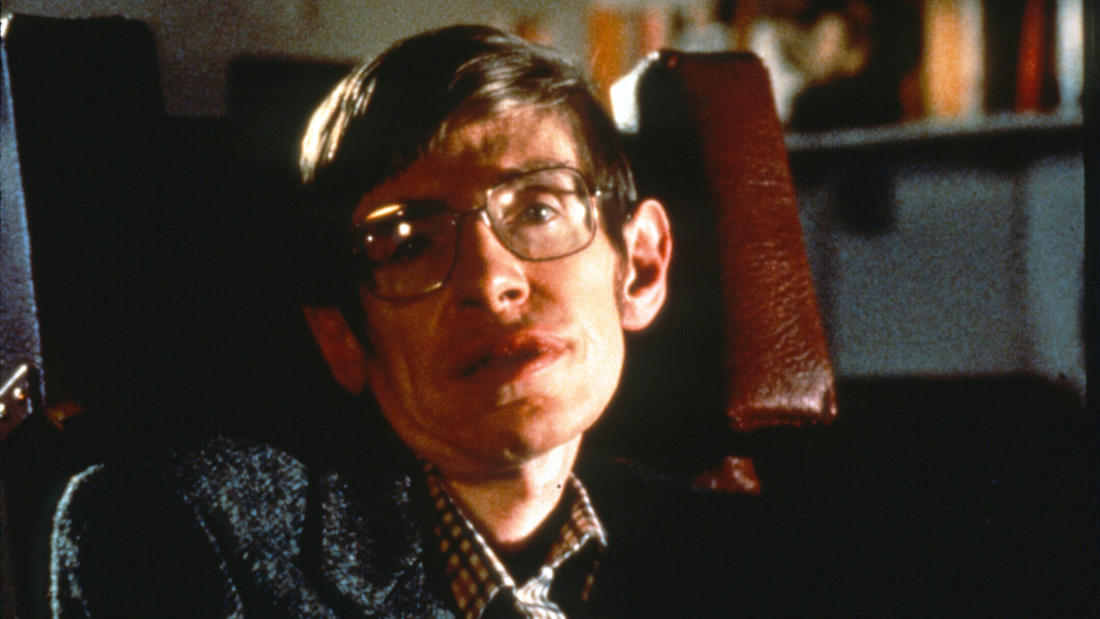
The Loft Cinema Tucson, AZ
Samuel Gralla
Assistant Professor of Physics, University of Arizona
A Brief History of Time— A tribute to Stephen Hawking
Program Description
Physicist Samuel E. Gralla discusses Stephen Hawking’s contributions to science and culture.
Presented At
The Loft Cinema Tucson, AZ
Film Synopsis
Errol Morris's adaptation of cosmologist Stephen Hawking's popular book about his theories of the universe illustrates Hawking's complex ideas and also shows Hawking's daily life as he deals with the ALS that renders him virtually immobile and unable to speak without the use of computer.
Errol Morris turns his camera on one of the most fascinating men in the world: the pioneering astrophysicist Stephen Hawking, afflicted by a debilitating motor neuron disease that has left him without a voice or the use of his limbs. An adroitly crafted tale of personal adversity, professional triumph, and cosmological inquiry, Morris's documentary examines the way the collapse of Hawking's body has been accompanied by the untrammeled broadening of his imagination.
Telling the man's incredible story through the voices of his colleagues and loved ones, while making dynamically accessible some of the theories in Hawking's best-selling book of the same name, A Brief History of Time is at once as small as a single life and as big as the ever-expanding universe.
Winner of the Grand Jury Prize and Filmmaker's Trophy for Documentary at 1992's Sundance Film Festival.
Image courtesy of PHOTOFEST
About the Speaker
Samuel E. Gralla is an assistant professor of physics and core faculty in the theoretical astrophysics program at the University of Arizona. His work focuses on the theory of strong gravitational and electromagnetic fields, as occur near black holes and neutron stars. While most of his research is astrophysically motivated, he occasionally ventures into more theoretical territory like black hole thermodynamics.
A portion of the proceeds from this event benefit the Stephen Hawking Foundation, which facilitates research into Cosmology, Astrophysics, and Fundamental Particle Physics both at school and university levels. It also facilitates and supports work relating to Motor Neuron Disease and those living with the disease.